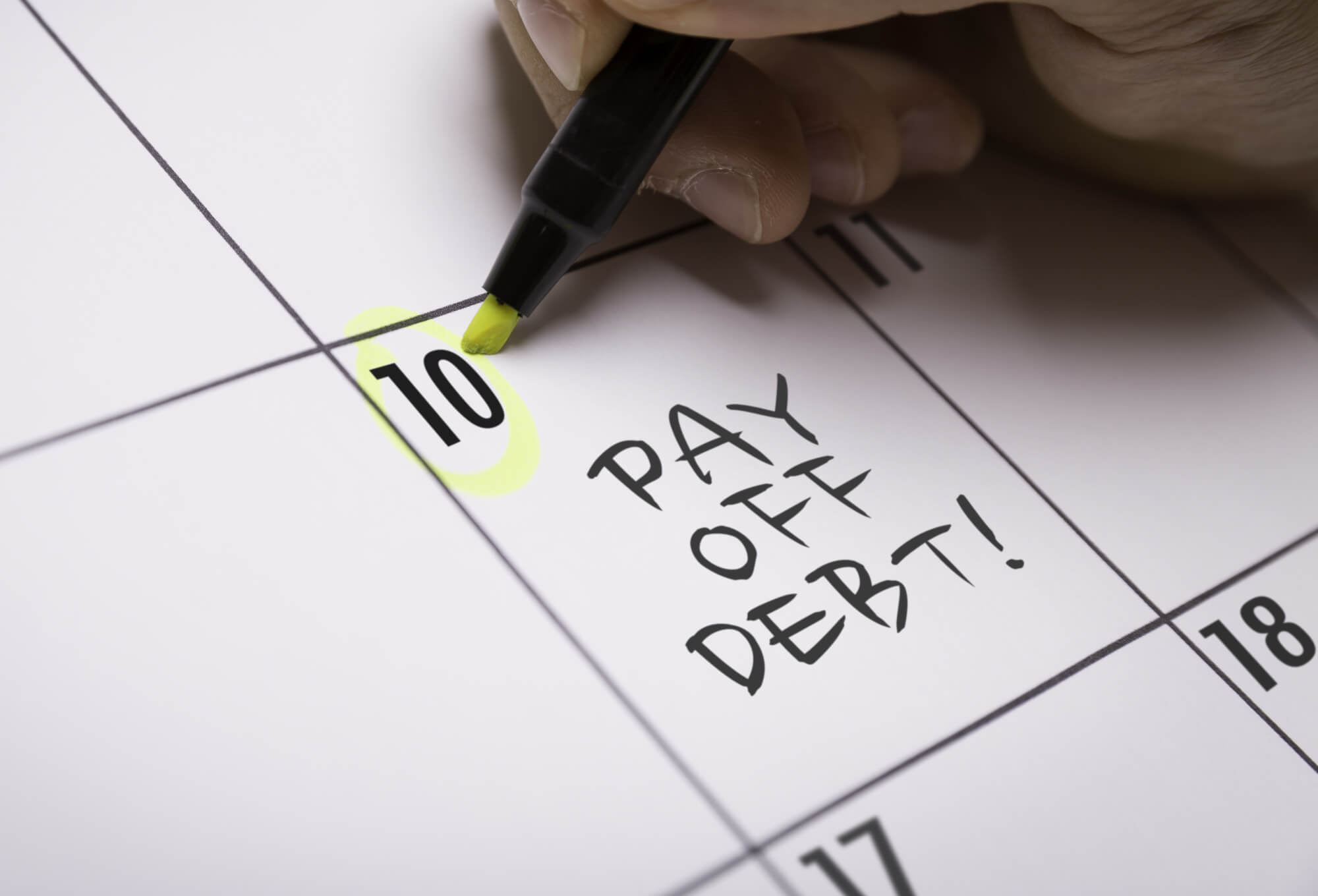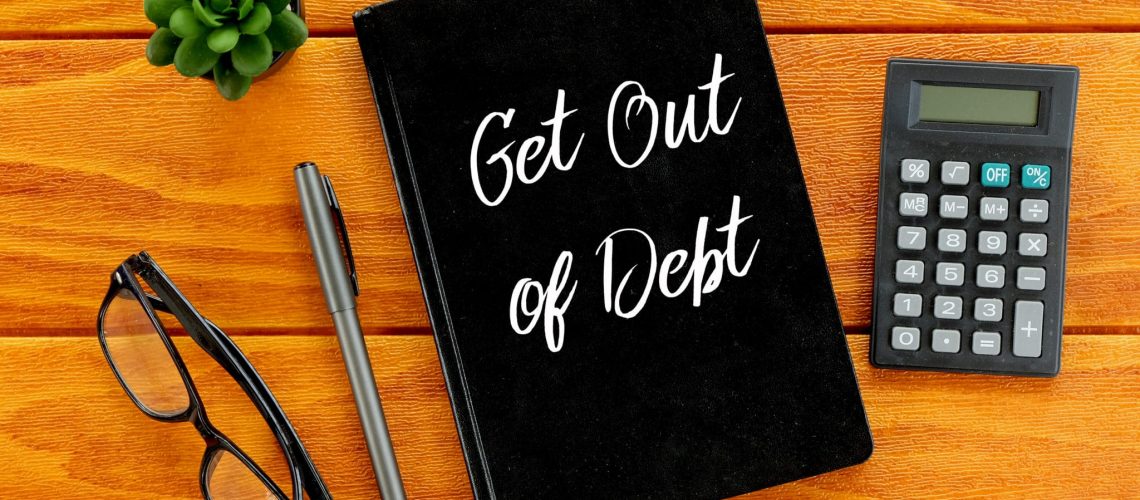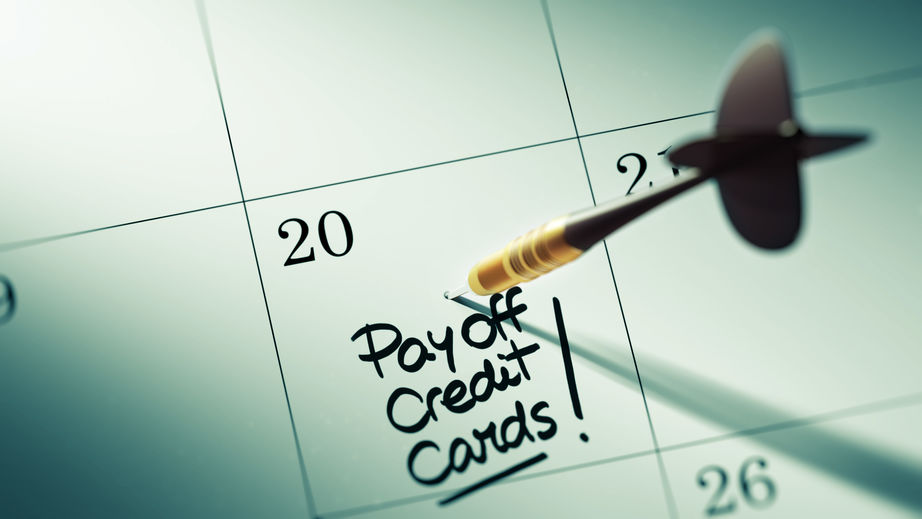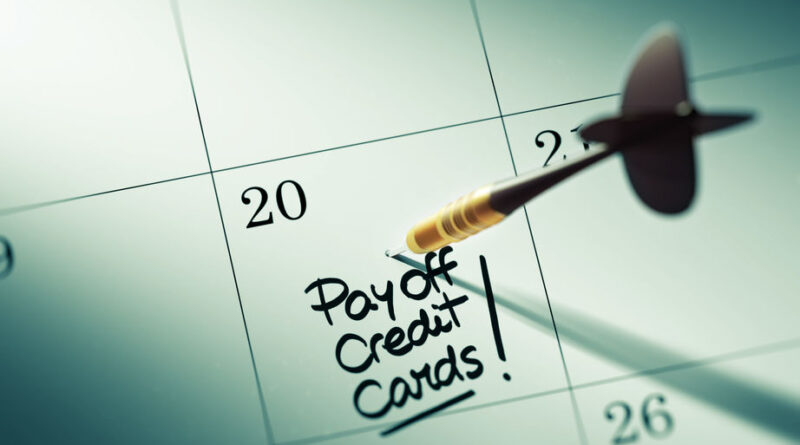The thing about debt is that, in most cases, it simply keeps piling up. It gradually reaches a point, where getting out of it seems impossible. However, though getting out of your debt is not a small feat, it’s not impossible either. All you need to make are a few changes to your lifestyle and spending habits.
Of course, turning your financial condition around does not happen in a day. But it can happen pretty fast if you have strong planning, commitment, and self-discipline. While self-discipline and commitment are things you need to nurture, you can visit this page to know more about the planning part.
1. Stop borrowing more from now on

source: pinterest.com
The first and foremost way of getting out of debt is to simply stop borrowing anything from now on. So, make a pledge to yourself: no more loans, credit card swipes, new debt, or new loans.
Changing your attitude towards finances and debt is the most crucial step you need to take. To avoid getting yourself into a higher debt, you will have to know the actual cost of credit card swipes and taking new loans.
It helps to survive on the basis of cash, rather than cards, when trying to get out of debts. At this point, do not think about balance transfers or debt consolidation – you are starting to make an effort. You need to understand the situation and come with a plan before trading one loan for another.
So, take your credit cards and then cut them up as a starting point of your debt management strategy. If you want to start your new life debt-free, resolve to pay for everything in cash.
2. Think about debt consolidation and balance transfers

source: debthunch.com
When you are reeling under multiple bill payments and don’t have enough income, it is a good idea to go for debt consolidation or balance transfers to deal with your additional payments faster. But such strategies are to be handled with care.
In many cases, transferring credit card balances get you a zero percent introductory rate to start with but have an upfront charge. When the introductory charges last for twelve months, you need to pay your debt completely before the end of the year.
Debt consolidation loans are a good idea, but you need to be cautious before taking that step. Combining the balance of all your credit cards and getting accounts to have zero balances is tempting. However, in the absence of lifestyle changes, budgeting, and the determination to make payments, you might land up in higher debt than ever before.
3. Keep an eye out on your spending

source: yourfinanciallaunchpad.com
This tip sounds so simple, but it isn’t, right? Well, the point is to start by figuring out where all the money is going. It’s hard to decide where the budget cuts need to be if you do not have a complete idea of your monthly expenditure.
The best thing you can do is track the monthly bills for at least thirty days while keeping an eye on your daily spending. Include your debt payments in the calculation when you are tracking.
There are several viable ways to track your expenditure, and some of those are as follows:
- Utilize budget worksheets
- keep your notes in one notebook
- Use free savings apps
- Use app trackers for banking
- Don’t throw away all the receipts
Regardless of the method you go with, ensure it’s the one you can use each day. It will give you a complete picture of the amount of money that goes out of your pocket each month.
4. Create your budget and stick to it

source: clark.com
After successfully tracking your expenditure, you need to create your budget. Use your daily and monthly expenditure as your guide, and let the budget account for your every need.
The way you track your expenditure also points out the places to stop spending. You will notice where you are spending excessively and where you’re good with making cuts without that impacting your life. Inevitably, there will be places where you will have to make some difficult choices. The key to remain out of debt is to strike a balance between making a strict budget and livability.
An important part of budgeting is to keep things in writing. You cannot just mentally record your budgeting and hope to stick to it – make it concrete by writing it down.
Financial goals have to be a part of your budget as well. When you write down your goals, you are more likely to attain them. Of course, getting out of your debt is your first goal, but the emergency funds have to be taken care of, too.
As you pay off the debts, you can include more saving goals. The only thing is to remember to write it down as a way to have accountability towards your aims.
5. Go for the debt snowball technique

source: financialavenue.org
It is a strategy focused on making minimum payments from the monthly payment fund towards all of your debts, except one. This particular debt will receive more than its required amount every month. Thus, you will pay it off quicker.
As that debt gets paid off, select another of your debts and allocate your extra money towards it. You can keep doing this until all your debts get repaid completely. As time passes, the additional funds will snowball, but the amount you focus on debt repayment will remain the same.
Let’s explain this with a simple example. Consider spending twenty percent of your income on your debts every month, which reaches up to $300 approximately. So, when you have three debts, pay $50 each to the first two, and the rest to the third. After the third gets repaid, you can pay $250 to the first loan and $50 to the second one. Won’t it help you to pay off your debts faster?
Endnote
If you are ready to live debt-free from now on, these tips at live enhanced will be super-handy to you. So, are you ready to make the necessary changes?





